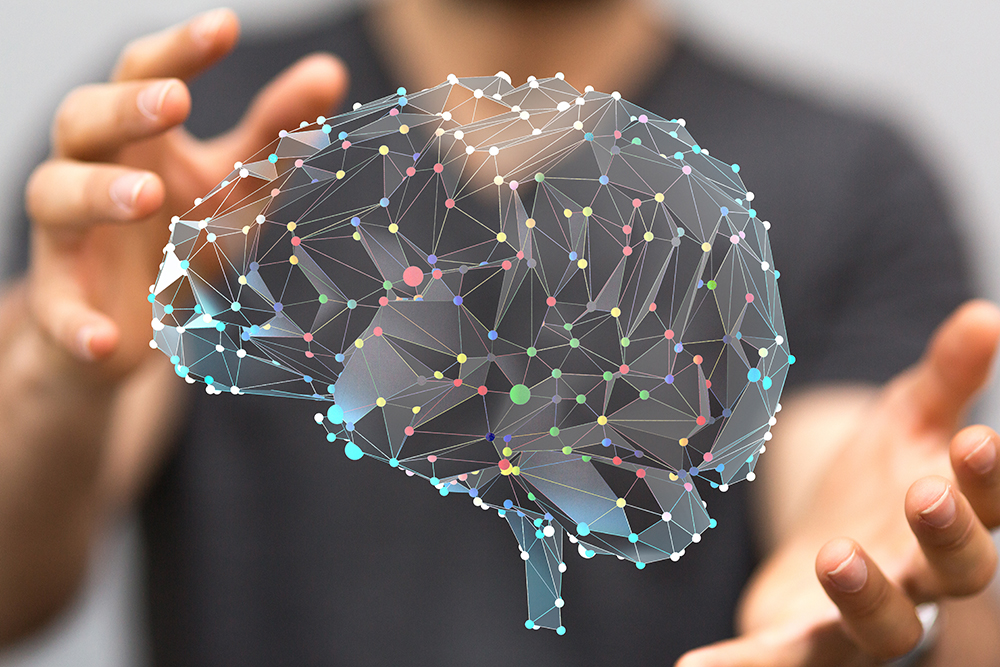Innovative treatments like neurofeedback are emerging as game-changers in an era where mental health is rightfully gaining attention. At Pine Grove, we’re excited to share how this cutting-edge technology can improve the symptoms of psychological conditions like anxiety, depression and trauma without medication.
The Science Behind Neurofeedback
The brain communicates through electrical impulses, and disturbances in this activity can underpin many mental health issues. Neurofeedback, also known as EEG biofeedback, revolves around the concept of optimizing brain function through real-time responses to brainwave activity.
Neurofeedback is a partnership between you and your therapist. Each session gives you insight into the interplay between your thoughts, emotions and physiological responses. Over time, you will learn to consciously moderate your brain activity, equipping you with a powerful tool for self-regulation.
To start a non-invasive, pain-free neurofeedback session, a provider will place electrodes on your scalp to monitor brainwave patterns. You’ll then engage with a computer program that provides visual or auditory feedback based on your brainwave activity. The goal is to train your brain to produce more of specific types of waves and less of others, depending on your needs.
Tailored Treatment
One of the remarkable aspects of neurofeedback is its customizability. By analyzing your unique brainwave patterns, your therapist can identify specific irregularities related to your mental health challenges. Your therapist can then tailor future sessions to encourage healthy brainwave activity, fostering the brain’s plasticity and adaptability.
Neurofeedback holds promise for a wide array of mental health conditions.
- Anxiety and depression: By promoting relaxation and stress resilience, neurofeedback can help alleviate the symptoms of anxiety and depression, offering a sense of calm and emotional balance.
- Trauma and PTSD: For those living with trauma, neurofeedback training can aid in regulating the brain’s response to stress and triggers, potentially reducing flashbacks and hyperarousal symptoms.
- Insomnia and sleep disorders: By normalizing brainwave patterns associated with relaxation and sleep, neurofeedback can improve sleep quality and duration, critical components of mental health.
- Attention disorders: People with ADHD can benefit from neurofeedback’s ability to enhance focus and reduce impulsivity by retraining the brain to sustain attention.
Understanding the Potential of Brainwave Training
Neurofeedback can complement or even replace treatment plans that rely on medication. It empowers you by leveraging the brain’s inherent capacity for change, leading to sustainable improvements in mental health.
Neurofeedback therapy represents a frontier in mental health treatment, offering hope and tangible benefits to people with challenges like mood disorders, trauma, insomnia and more. As one of the nation’s premier treatment centers, Pine Grove explores innovative therapies, recognizing their potential to profoundly impact mental wellness. If you or someone you know could benefit from neurofeedback, we encourage you to reach out and explore how this therapy could pave the way to a healthier, more balanced life.

